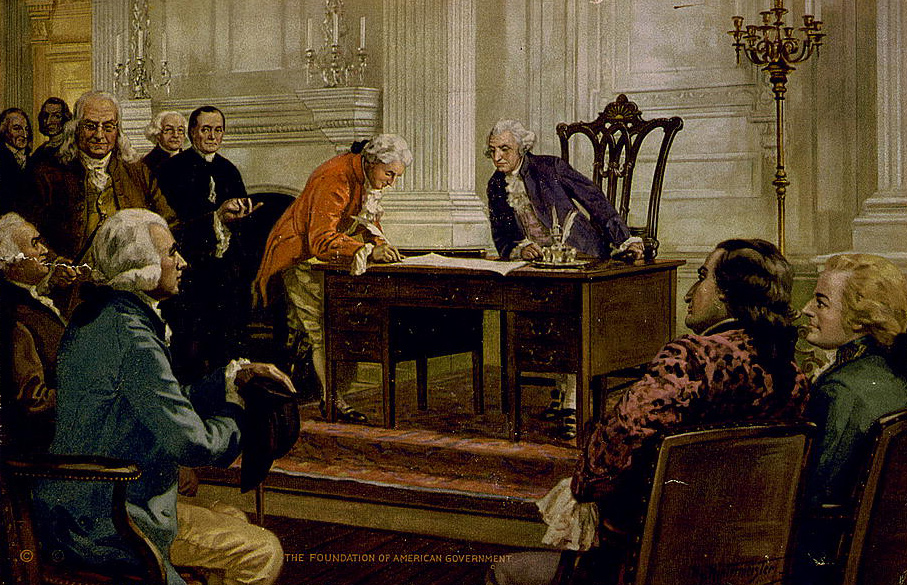
by Sundance at The Conservative Treehouse
[Now we must focus on the very important chairmanships of the senate committees that John Thune will decide.]
In the first ballot the results were: Thune 23, Cornyn 15, Scott 13.
Scott was removed and the Senators went to the second ballot between Thune and Cornyn.
As expected, the Scott coalition split 50/50. Thune picked up 6 votes from Scott’s group. Cornyn picked up 7 votes from Scott’s group.
Final Vote: John Thune 29, John Cornyn 24.
It was always going to be this way. Remember, the Senate is a silo -by design- isolated from influence of the American public.
If we want to change the dynamic, we must repeal the 17th amendment and return to the original constitutional construct: Senators appointed to represent the interests of each state, by State Legislature.
The Senate was designed to represent the interests of the State, not ‘the people’; that’s the job of the House of Representatives.
Machiavelli said, “It must be remembered that there is nothing more difficult to plan, more doubtful of success, nor more dangerous to manage than a new system. For the initiator has the enmity of all who would profit by the preservation of the old institution and merely lukewarm defenders in those who gain by the new ones.” A prescient and oft repeated quote that is pertinent to the situation.
When our founders created the system of government for our constitutional republic, they built in layers of protection from federal control over the lives of people in the states. Over time those protections have been eroded as the federal bureaucracy has seized power. One of the biggest changes that led to the creation of the permanent political class was the 17th amendment.
Our founders created a system where Senators were appointed by the state legislatures. In this original system the senate was bound by obligation to look out for the best interests of their specific states. Under the ‘advise and consent‘ rules of Senate confirmation for executive branch appointments, the intent was to ensure the presidential appointee -who would now carry out regulatory activity- would not undermine the independent position of the states.
The nucleus of corruption amid every element of the federal institutions of government…
Continue Reading

